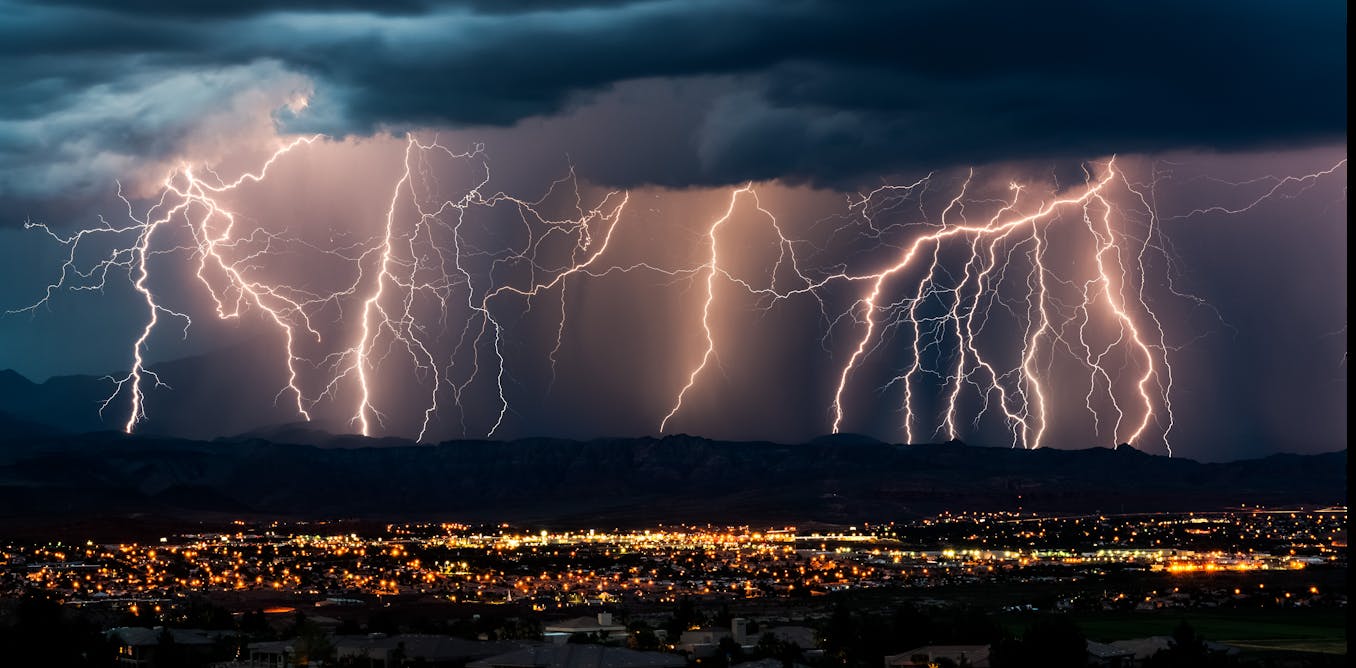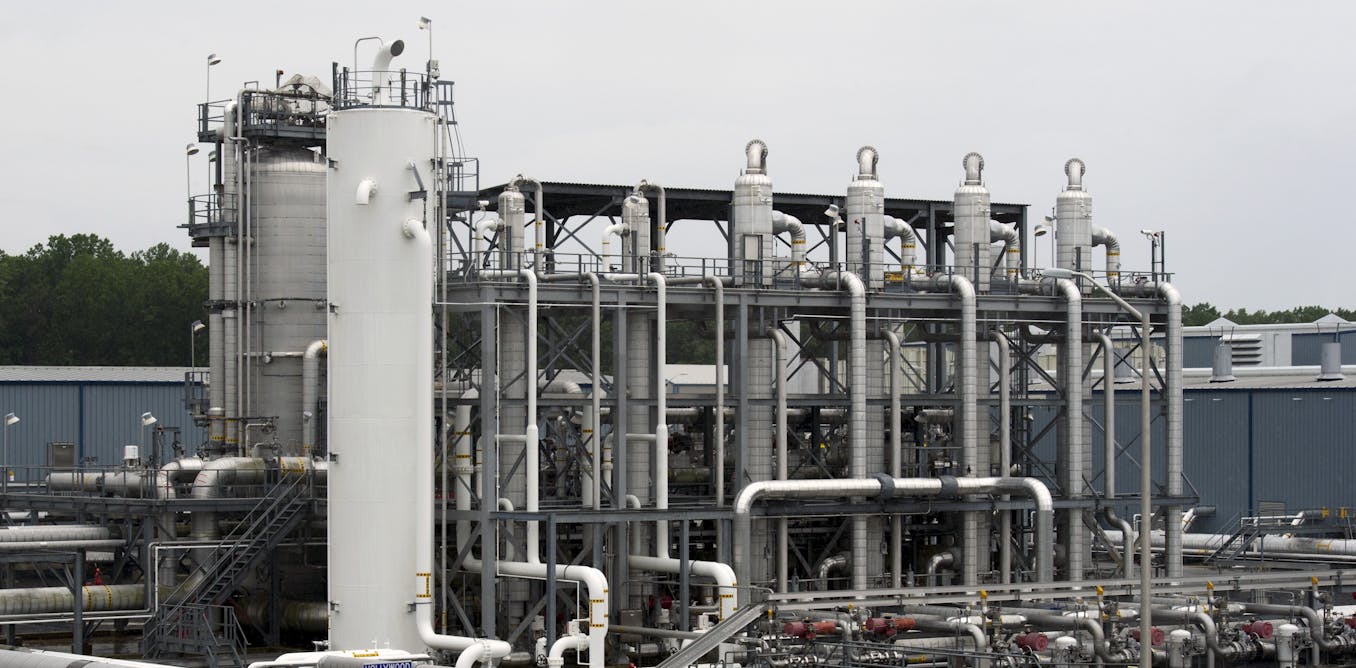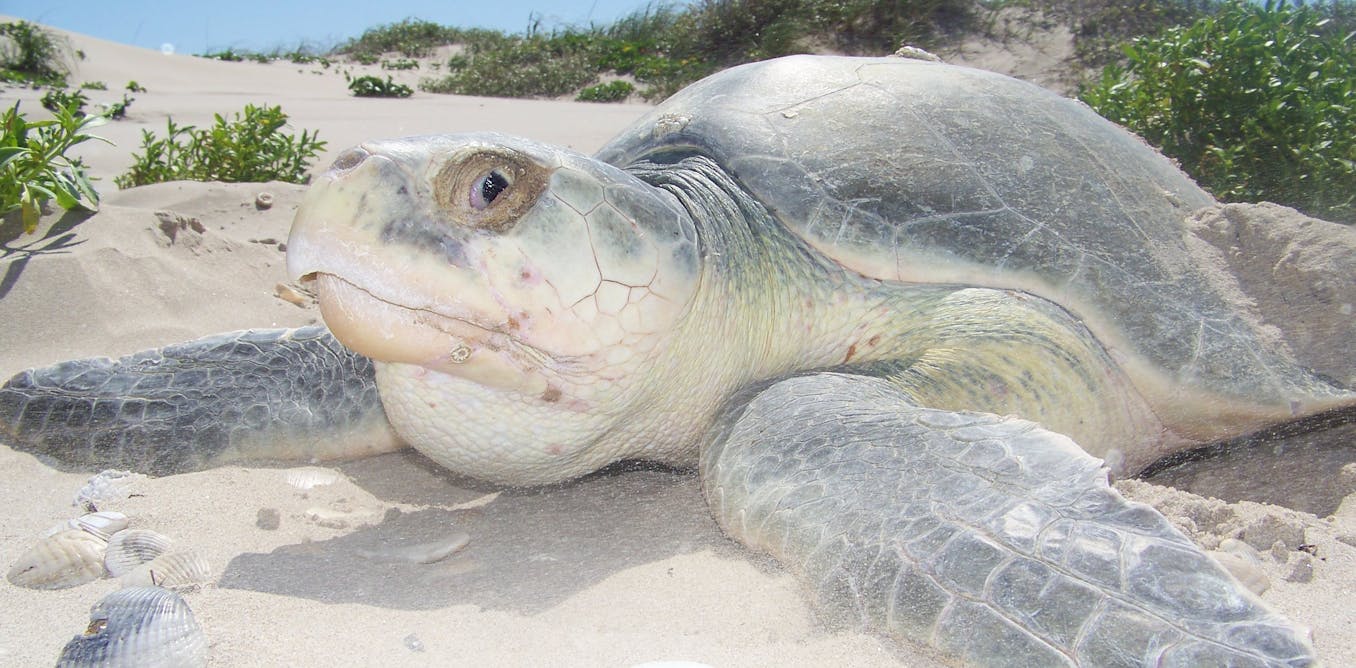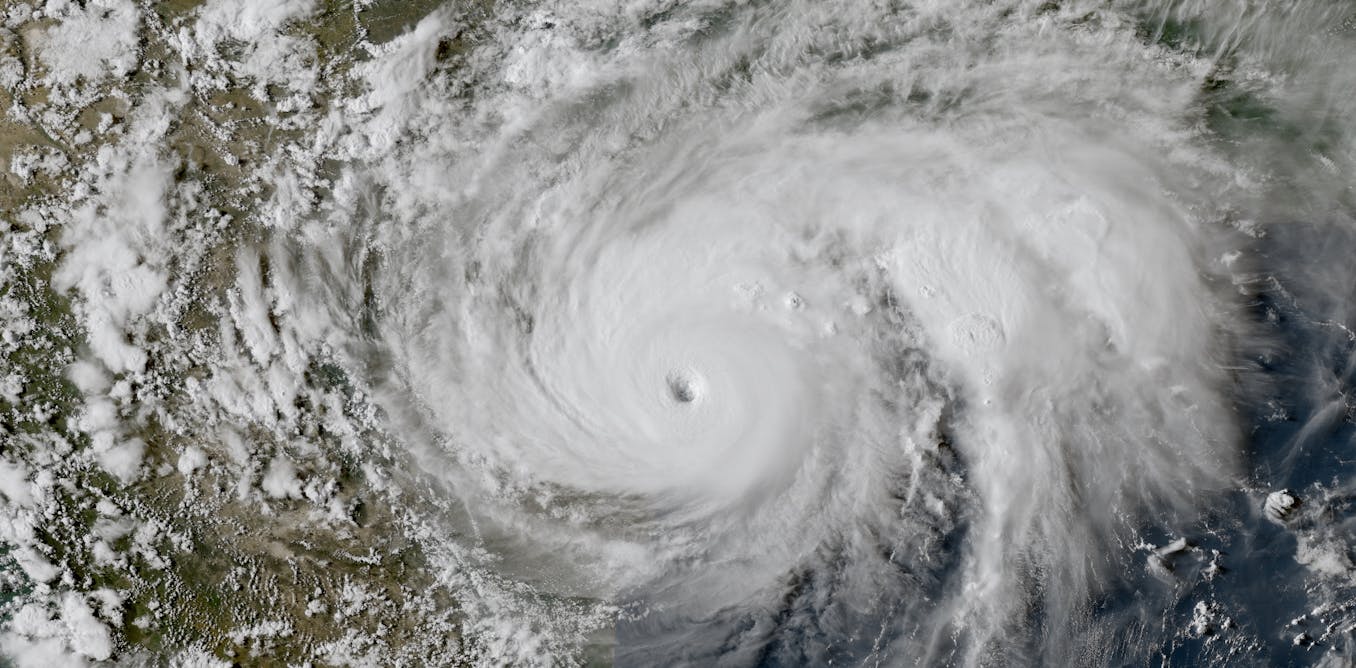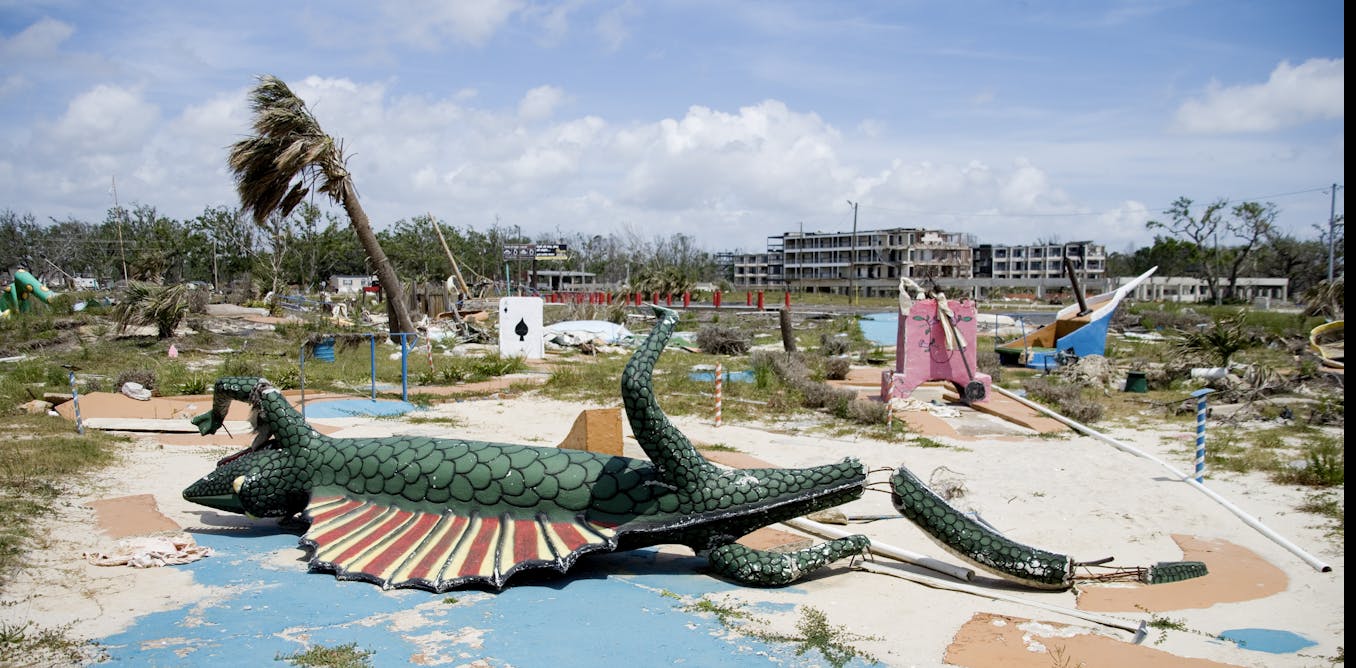Where does lightning strike? New maps pinpoint 36.8 million yearly ground strike points in unprecedented detail
A new study shows how often lightning strikes and how it behaves, often hitting the ground with multiple strikes from the same flash.
Feb. 27, 2024 • ~7 min

